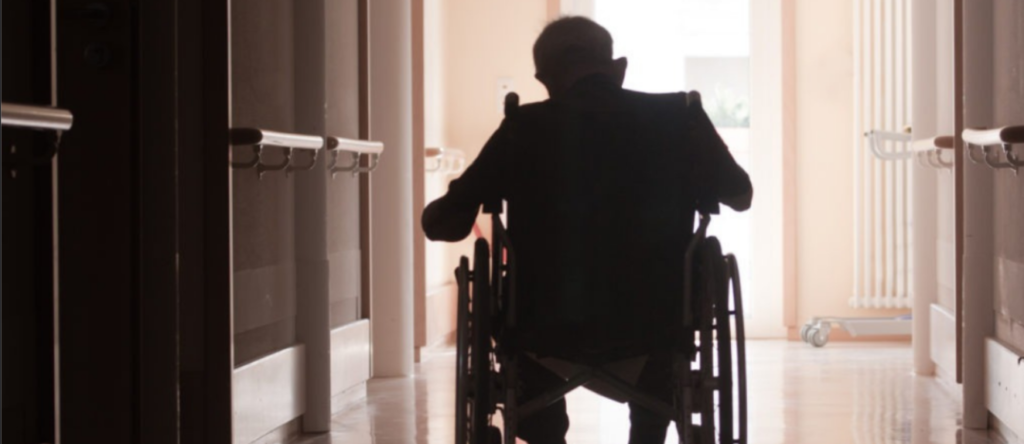When people place their loved ones in the care of a nursing home, that comes with the expectation that their loved ones will be properly taken care of. And yet, far too often their loved ones suffer as a result of negligence. Look for these seven signs of nursing home abuse and neglect:
- Bed sores
- By far one of the most reliable signs of negligence in nursing homes is the presence of bed sores. More formally known as pressure ulcers, these sores begin as patches of skin that are unusually red or hard, and which do not discolor when pressure is placed on them. Over time, they gradually develop into open sores, which can easily become infected, requiring medical intervention. Bed sores are caused by a person remaining in one position for too long, but can be aggravated by dehydration, malnutrition, and poor hygiene.
- Soiled sheets or clothing
- Maintaining good hygiene is one of the foremost duties of nursing homes, but nursing home staff are not always diligent about ensuring residents are in clean clothing and bed sheets. This may mean residents are left in soiled sheets or clothing for far longer than they should be, which puts them at a far higher risk of contracting an infectious disease. Thus, soiled garments or sheets should be seen as a warning sign of potential abuse or neglect.
- Unexplained weight loss
- In theory, every resident of a nursing home is supposed to be attended to by doctors and nurses that monitor their health on a regular basis. Sometimes, this results in adjustments to medications that can have dramatic effects on a patient’s weight. When there is no such explanation for sudden weight loss, it can be a sign that they are malnourished or dehydrated, which is indicative of nursing home abuse and neglect.
- Unexplained injuries
- Nursing home residents are often in frail health, and are thus prone to injuries. However, unexplained bruises, cuts, broken bones, or other injuries may be signs that residents are not being monitored carefully, or may even be signs of physical abuse. Restraint marks, in particular, should be seen as a major red flag. If your loved one has been hurt and you are not sure how or why, you may be dealing with nursing home abuse or neglect.
- Refusing to take medication
- Some people who live in nursing homes can be obstinate about taking their medication, for entirely mundane reasons. Some, however, will refuse to take their medication because they do not trust the people giving it to them. This can be a sign that they are being abused or neglected by their caretakers, especially if they used to be fine with taking their medications.
- Mood swings
- Many medical problems and medications can cause sudden changes in mood, but otherwise unexplained mood swings can be a troubling sign. Mood swings may be a sign that a person’s medical conditions are not being appropriately managed, or may be a reaction to certain kinds of abuse or neglect. Either way, sudden changes in mood from a resident should also be considered a potential warning sign.
- Aversion towards specific individuals
- While it is common for residents to decide they like or dislike certain staff, a strong aversion to a certain staff member can be a sign of something more troubling. In some cases, that aversion could be a sign of physical or emotional abuse, causing residents to fear or hate that person. This is an important sign to watch out for if a resident has memory problems, since an emotional aversion can remain even if they do not remember why they feel that way.
The New York based medical malpractice attorneys at Duffy & Duffy have decades of experience in handling personal injury and medical malpractice issues. With our office conveniently located in Uniondale, we cover Long Island, New York City, and Westchester and we are ready to assist you with your case and ensure it receives the personal attention it deserves. If you want to learn more or receive a free consultation, give us a call at (516) 394 – 4200, or visit our contact page.

